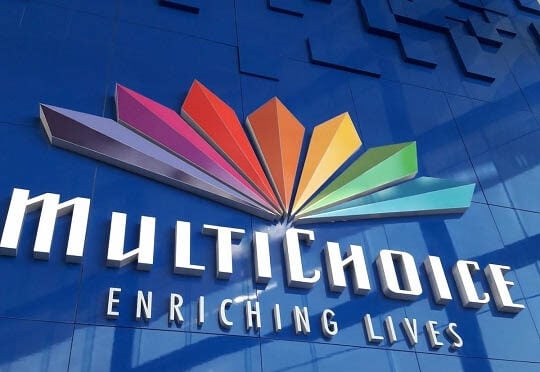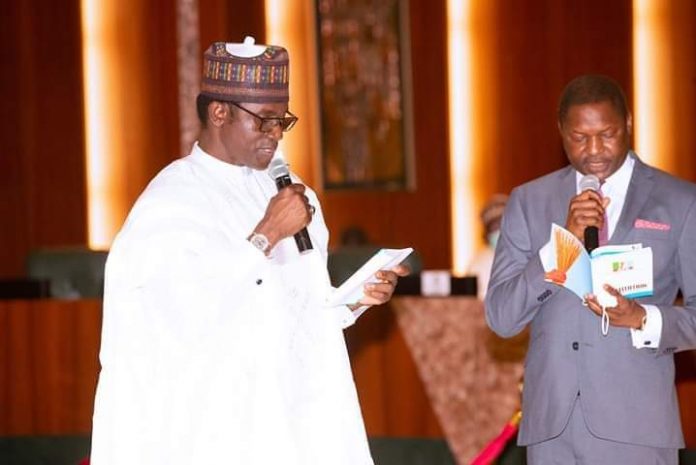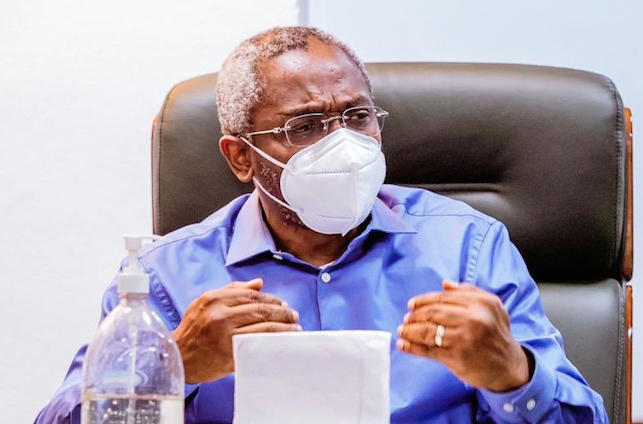MultiChoice, owners of DStv, says it cannot implement the pay-as-you-go model because it is not feasible in the country.
Appearing before an ad hoc committee of the house of representatives on Monday, John Ugbe, chief executive officer (CEO) MultiChoice Nigeria, said DStv does not have the technology to pause and resume payment plans.
Ugbe said payment plans for pay TV around the world are fixed.
“On the pay-as-you-go model, there is a misconception of the telecommunications industry and the TV industry, it is not a concept that is available in the broadcast industry,” the CEO said.
Advertisement
“If you look at some of the international organisations offering some of those services online, it is a two-way communication. You will see that their billing method is still fixed.
“Telecommunications companies can offer you an option where you can stop and restart but unfortunately that is not the model in the broadcast industry.
“You must also note that you have to buy these services and repackage and sell – you cannot be selling different from what you buy. We don’t have the technology to support that service where if you switch off the TV it stops or restart the service at 12 and stop it at 1pm. That technology is not available to us.”
Advertisement
Ugbe said the increase in the price of DStv bouquets is because of the recent finance bill passed into law and increase in price of fuel.
“When we did the price adjustment, it was in response to the new finance bill and if you look at it you could see that we were even late in making those changes,” he said.
“You mentioned the word palliative and I think it is important for the committee to note that we were one of those companies who woke up to the entire issue of COVID-19 and extended our hand of support to the government spending over N1 billion.
“The committee is also aware of the increase in the cost of living, petrol, diseal … and these are basic inputs that go into our service. The broadcasting industry did not shut down for one day. We had to keep everything running.”
Advertisement
Earlier, Uyem Edem, chairman of the ad hoc committee, said the hearing was not a “witch-hunt” but an avenue “to see how the broadcast industry can work for us.”
The hearing was adjourned indefinitely.
Add a comment







